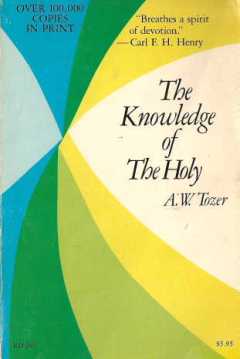It takes humility to tell someone your story, without trying to downplay the brokenness or exaggerate your successes.
It also takes courage and generosity to listen to another’s story without chiming in with your own thoughts.
The RENEW men are seeking to understand our Gospel Stories (Creation » Fall & rebellion » Redemption » Restoration), finding our place in God’s big Story, where Jesus is the Hero.
Recently we’ve been sharing our own stories, and now we turn to the better task for listening to other’s stories. Call it “Gospel Listening.”
Do people think of you as a good listener?
Since everyone has the same four parts of their life story — and in all the countless little stories and narratives that flow out in normal conversation — let’s take a look at each part, from the perspective of Gospel Listening. 1

1) CREATION // Everyone has a fundamental belief about their origin — who or what brought about their existence, made them who they are, or shaped them into the person they are today.
- Listen for: Who or what do they credit or blame for who they are today? (Or the situation they find themselves in?)
2) FALL // Each person has a central belief about the cause of brokenness in the world and a deep desire for justice. People blame their parents, family, friends, boss, government, etc. for what they’ve become AND want just for putting the blame on someone else for the pain and suffering in the (their) world. Someone is at fault and someone deserves punishment.
- Listen for: Why are things and people not the way they are supposed to be and who is to blame?
3) REDEMPTION // Everyone has a solution they believe in, a remedy they look to or a “savior” they trust in to redeem the brokenness in their life and world. Many are looking to a philosophy. Others look to a plan for self-improvement or personal growth. Many believe some kind of reform in education or politics will change things. Everyone believers in a “redeemer” or in a self-improvement plan of some sort.
- Listen for: Who or what will rescue them and redeem what is broken in their life?
4) RESTORATION // Every person has a picture of the future when everything is as it should be .. or how they hope it will be. Some see a utopia with humans all living at peace with one another. Others believe Mother earth and humanity will be one. Still others see another world where they will go to where they will be at the center. Some people’s future hope is to be married, have children, get a job, be rich, etc. Everyone wants something better — restoration of what they believe their world should be like.
- Listen for: What will the world or their circumstance look like when all is as it should be (according to them), AND who or what will be the focus of this world?
Learn to listen to people. The aspects of life they complain about or are super excited about helps us discover what they see as “bad news” in the world, and what is “good news” to them.
As you listen to someone’s story (or consider your own), notice the reasons for not being willing or able to obey Jesus’s commands: fear, insecurities, selfishness, pride, need for approval, and the worship of child, family or work. All of these reflect trust place in something or someone other than God.
As you become aware of the people or things that have become idols or “little gods,” take the time to compare them to Jesus. Ask the Holy Spirit to help in revealing Jesus as the best resolution to what a person is seeking elsewhere, the opposite of what they are experiencing, and the deeper reality of what they are searching for.
That is Gospel Listening.
- This section adapted from The Gospel Primer, a resource the Renew Church men utilize for discipleship and learning. ↩










